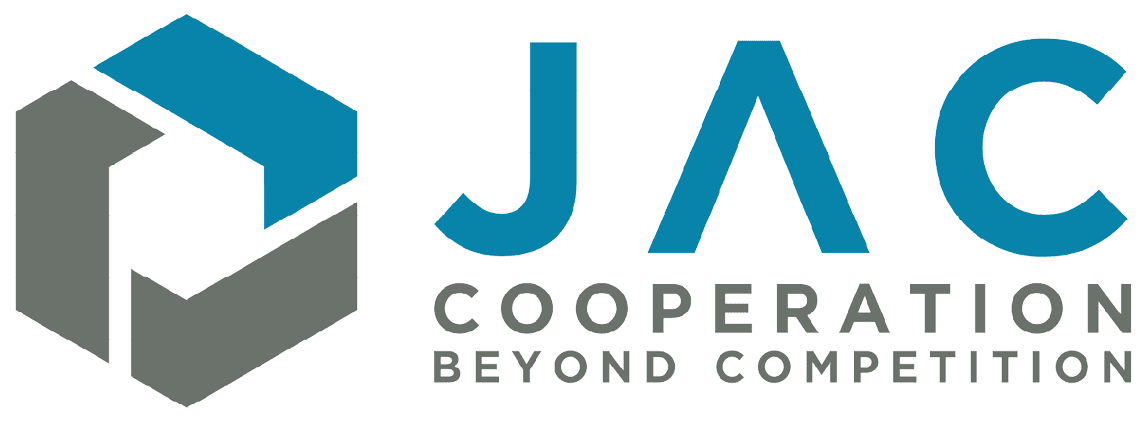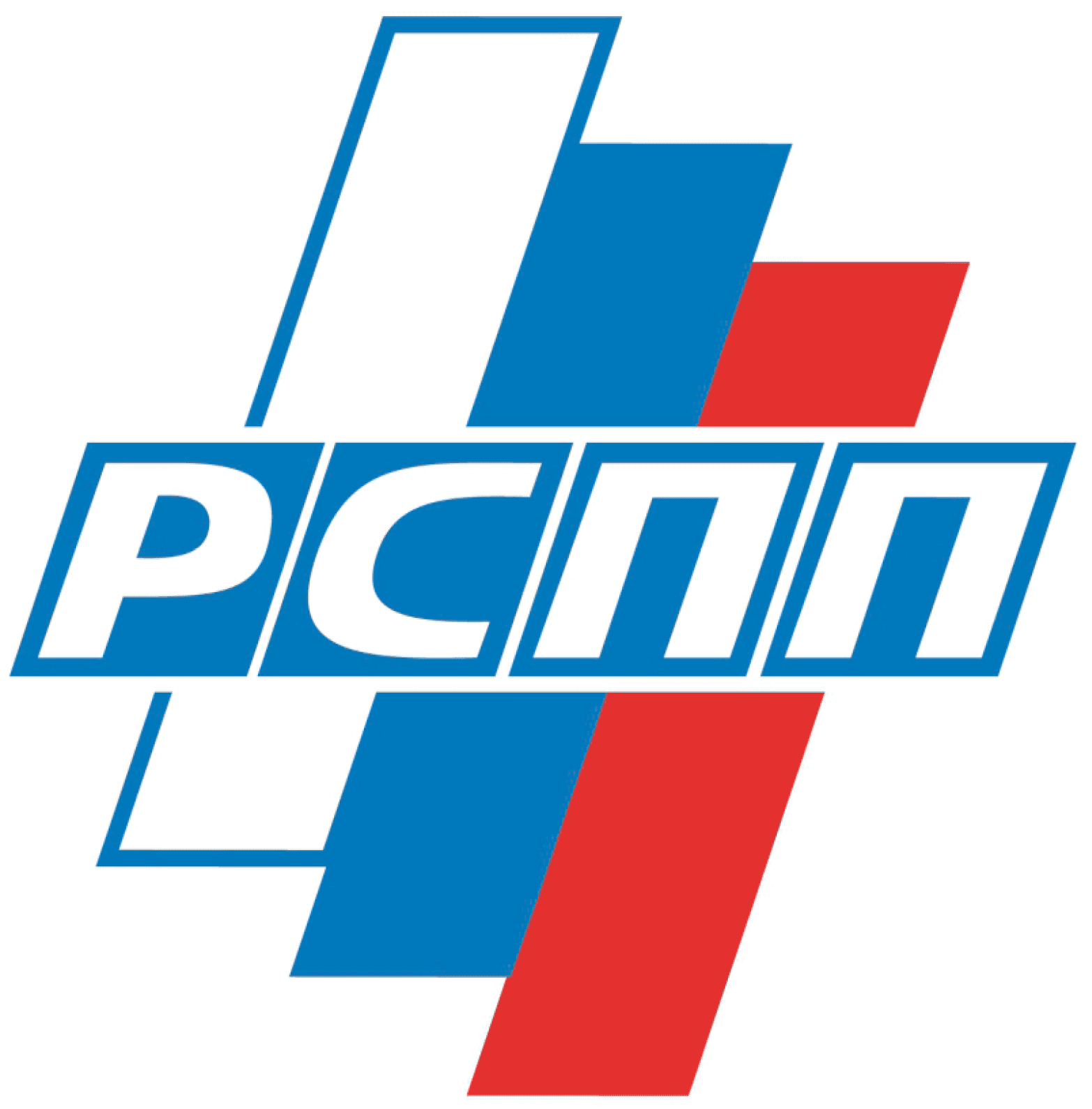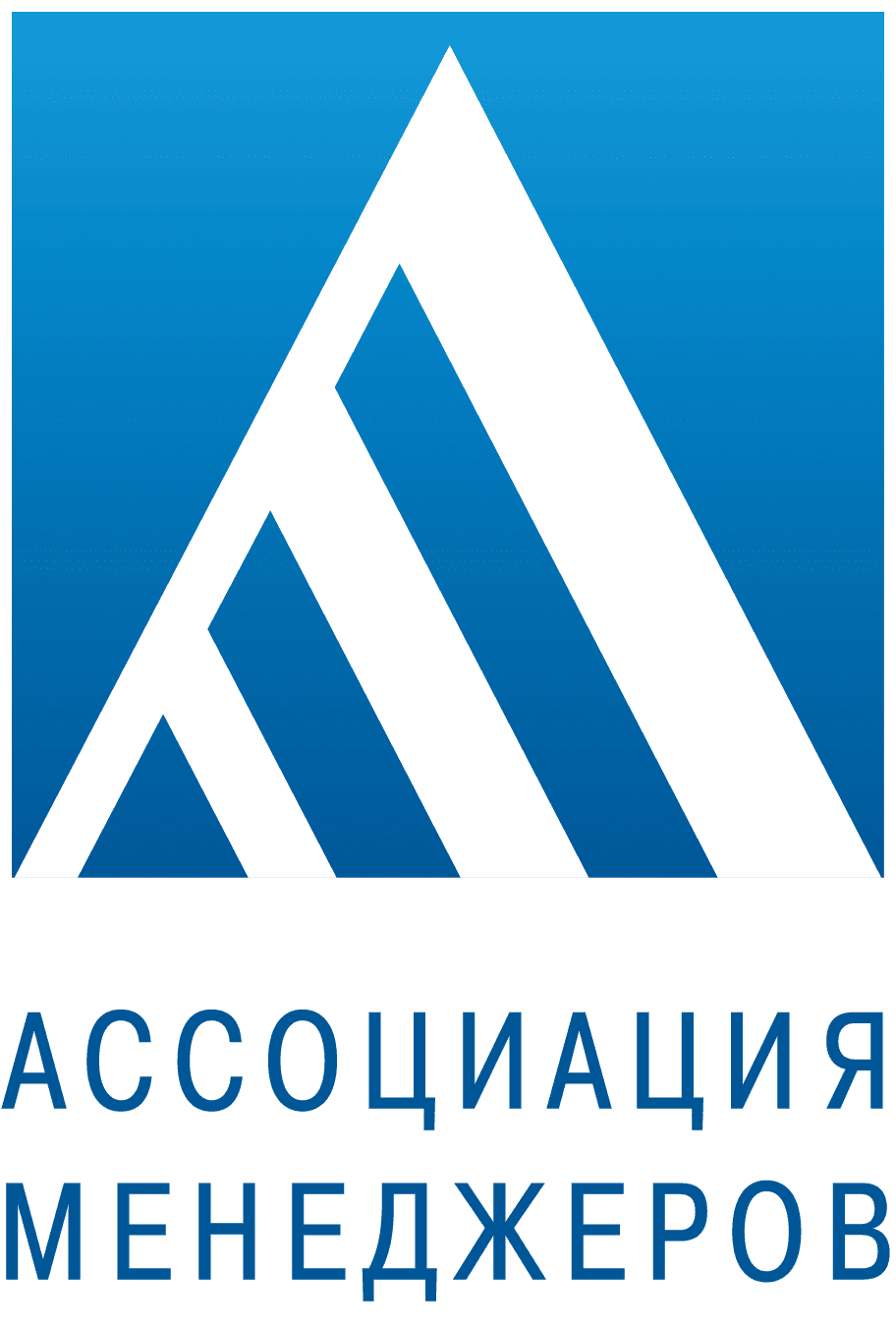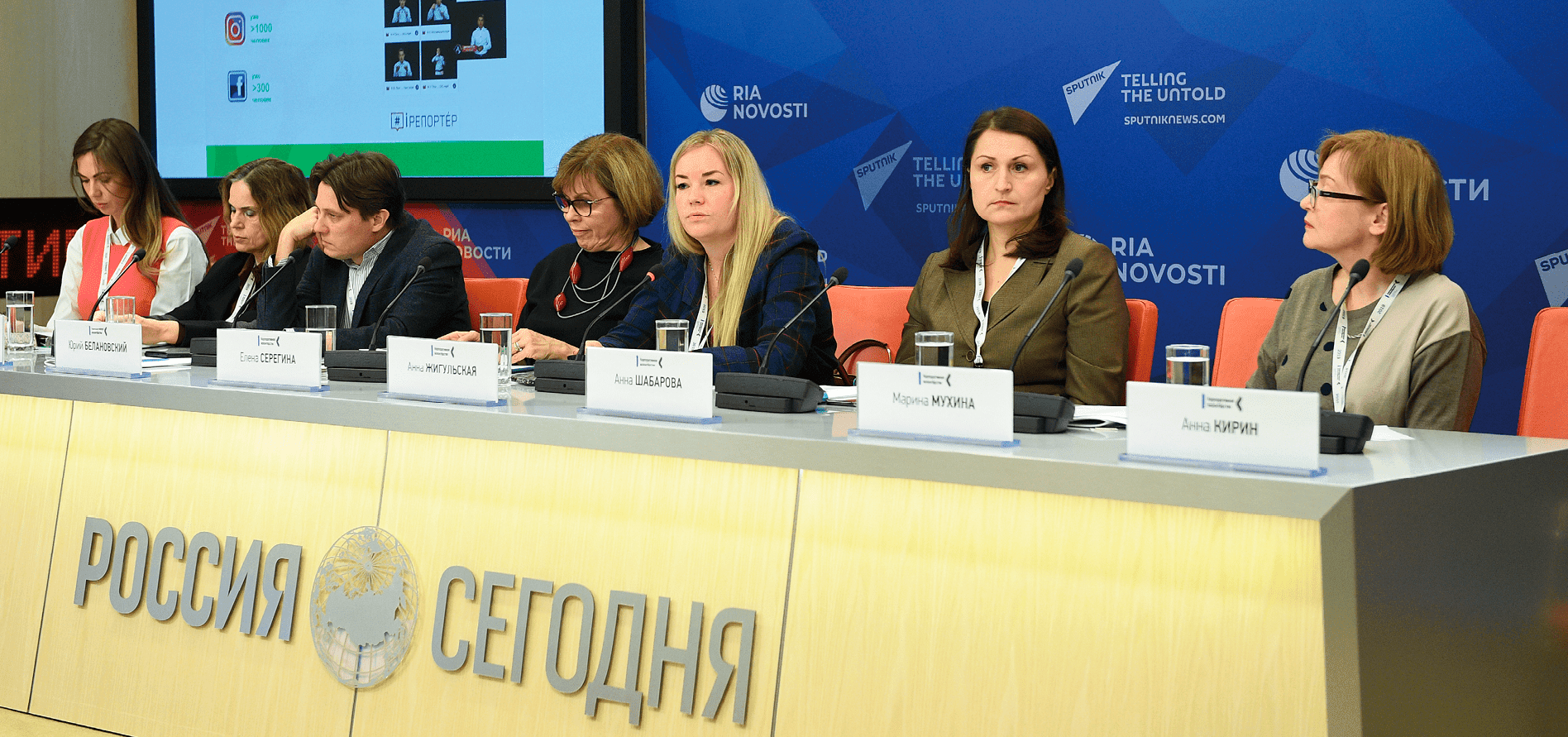Participation in Non-Governmental Organizations
GSMA

The GSM Association, or GSMA, was formed in 1995 as a body representing the interests of mobile operators committed to deploying GSMGSM — Global System for Mobile Communications.. The Association unites approximately 750 mobile operators and almost 350 companies in the broader mobile ecosystem, including handset and device makers, software companies, equipment providers, as well as organizations in adjacent industry sectors. The Association focuses on creating innovative opportunities for the development of the global mobile communications industry by its members.
The Company’s interaction with GSMA is handled by Strategy. In February 2019, in Barcelona, MTS PJSC, represented by its President Alexey Kornya, made commitments under GSMA’s new global climate and environment program approved by the GSMA Board decisions. MTS also publicly announced its commitment to disclose its 2018 environmental footprint via CDPThe Carbon Disclosure Project. . In 2019, MTS started disclosing environmental data through CDP, joining the global GSMA-led initiative to develop a mobile industry climate action roadmap in line with the Paris Agreement, which is aimed at combating climate change.

In 2019, MTS PJSC’s President Alexey Kornya became a member of the new GSMA Board for 2019–2020, the only representative of Russian telecoms on the Board. The GSMA Board has 25 members representing the largest telecom operators globally (AT&T, China Mobile, Deutsche Telekom, Orange Group, Verizon, Turkcell, etc).
JAC

The Joint Audit Cooperation (JAC) association was established in 2010 and currently has among its members 17 telecom operators from around the world, including Deutsche Telecom, Orange, Telecom Italia, Swisscom, Verizon, Vodafone, and others. MTS became a member in 2017.
JAC targets enhancing the performance of those involved in the Information and Communication Technology (ICT) supply chains, including increased efficiency and productivity for companies and suppliers, reducing pollution and any kind of environmental impact, improved conditions for workers, economic development and reducing risk to ensure continuity of supply.
To ensure sustainability of our supply chain, MTS carries out supplier audits to assess their performance on corporate social and environmental responsibility. An audit of five largest suppliers was carried out under the JAC methodology in 2019, with further six audits scheduled for 2020.
Based on the findings of each supplier audit, an audit report is prepared and a corrective action plan is approved for implementation, which is carefully monitored. Audit reports, corrective action plans and information on their implementation progress are stored in a single database and are available to all JAC members. In selecting a supplier, each counterparty provides information on sustainable development compliance.
In 2019, MTS became a member of the Climate Change Workstream working group established within the JAC association. The working group’s objectives are to develop and implement standards for the JAC association members to reduce their negative impact on climate change
The UN Global Compact

In 2019, MTS representatives participated in the following events of the UN Global Compact as experts from the business community:
- Business Responsibility in the Supply Chain: Modern Standards in the Context of Sustainable Development round table
- Human Rights and Effective Development Institutions: Openness and Digitalization panel discussion
- Innovation and Trends in Sustainable Development Business Strategies panel discussion held as part of the Sustainable Development Day with the support of the UN Global Compact Network Russia at the RANEPA Summer Campus 2019
- Integration of the Social Mission of Business in Communications: Evaluating Efficiency (a joint workshop by MTS, the UN Global Compact Network Russia and Effie Russia)
- Business and Human Rights, first international workshop organized by the Office of the UN High Commissioner for Human Rights and the UN Global Compact Network Russia
The Russian Union of Industrialists and Entrepreneurs

The Russian Union of Industrialists and Entrepreneurs (RSPP) represents the interests of Russian businesses domestically and internationally, and brings together thousand s of Russia’s largest companies seeking to improve business environment, boost the profile of Russian businesses domestically and internationally, and maintain the balance of interests between society, government and business.
In its drive for practical work, the organization holds high-level conferences on topical economic issues attended by Russian and international businesses, as well as top federal authority officials.
THE RUSSIAN MANAGERS ASSOCIATION

The Russian Managers Association, a leading business association, works towards professional development and building a highly capable community of managers, transition to socially responsible business practices and integration into the global economy. The organization is an independent expert platform that enables businesses to develop aligned approaches to the most topical social and professional challenges confronting the management of Russia’s major companies, society and the government.
MTS’s participation in the Russian Managers Association’s committees provides opportunities for networking with other participants from a variety of industries, as well as influencing the development of the strategic agenda and views of Russia’s business community.
